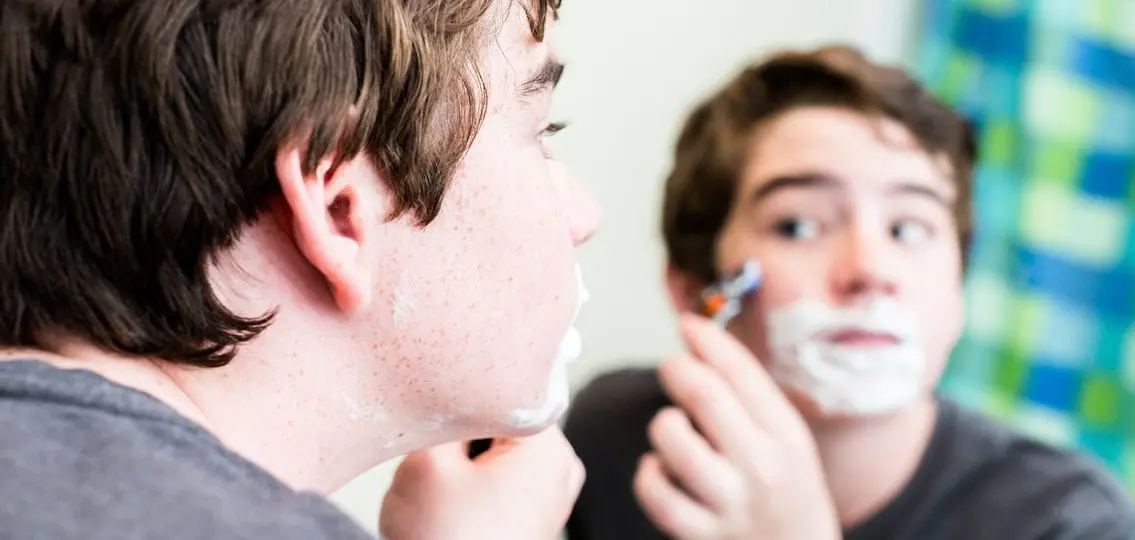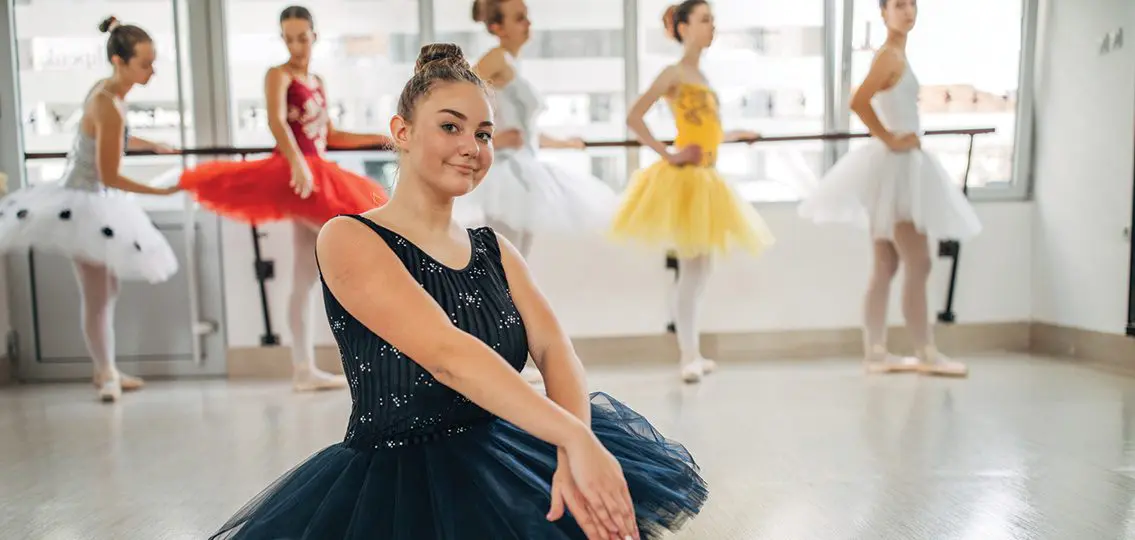I can remember my ballet teacher’s voice as if it were yesterday. I was about 8 or 9 years old, doing my best to hold my own in class, even though the body reflected back at me in the mirror was taller and curvier than most of my fellow dancers.
“Kimmy,” my teacher said to me (using a nickname I disliked), “you’ll just never have a ballerina body.”

Her dismissiveness comes back to me now, as I watch my own 9-year-old daughter leap across the floor of her ballet studio. She smiles broadly as she dances, confident in her skin, her curvy, muscular legs powering her every move. As she approaches the tween years and her body develops further, I hope that feeling remains.
Physical Development in Adolescence
Shame and worry
For too many kids, however, the body changes that come with puberty are cause for shame and self-recrimination. A 2015 study by Common Sense Media found that 80% of girls had tried their first diet by the age of 10. Tween girls might look at their increasing weight, developing breasts, and widening hips and feel embarrassment or worry. They might compare themselves to other girls whose bodies are developing differently or more slowly. And they might internalize the comments they hear their parents say about their own aging bodies, without realizing that tween weight gain during puberty is normal and developmentally appropriate.
Parents add to stress
Parents should know that a wide range of weight gain is normal for pubescent tweens—somewhere between 20 to 50 pounds, according to Rebecca Scritchfield, a registered dietitian, a nutritionist, and the author of the book Body Kindness. “The trend for many kids is to gain weight first, and the height catches up later,” Scritchfield says. Parents raised in a different generation might not realize this, she adds. And they may compound the issue by expressing weight concerns ingrained from their own childhoods. “You have to watch your comments,” she says. “Remember that a child’s way of thinking is ‘Am I good or am I bad?’, so any comment you make could be misunderstood. Your inner caregiver must come out.”
Help Normalize Changes During Adolescence
Build resilience
Scritchfield encourages parents to show empathy and limit judgment when a child expresses concerns about body changes. Body positivity for kids is important when puberty starts. “You want to give them shame resilience,” Scritchfield says. “You want to say things like, ‘It can be hard to notice your body changing, but it’s a normal part of growing up.’ Or, ‘I’m sorry you’re struggling, but I think you are good and worthy and, if there’s anything you need from me, let me know.’”
Expand ideas
The idea is to broaden a child’s notion of normal, says Natasha Beauvais, M.D., of Northern Virginia Family Practice. “Kids have a limited vision of what is a good and healthy body,” she says. “We can bust up their assumptions.”
Focus on food as fuel
Beauvais encourages parents to redefine the conversation about calories and food categories so that they’re not viewed as things to be counted or limited, but as fuel for active bodies. “Many adults contribute to the overthinking about specific categories of food and create a culture of judgment about eating,” Beauvais says. “Kids might hear about carbohydrates, for example, and whether they’re good or bad. But instead we can talk about how different types of foods have different energy graphs.” Depending on a person’s activity in a given day, she explains, “a carbohydrate can be an excellent energy source. And so can a piece of turkey.”

It took me a long time to learn these lessons myself. But I’m eager to pass them on to my daughter as she watches her powerful, growing body reflected back in the ballet studio mirror. “In the end,” Beauvais says, “we have to love ourselves, love our kids, and love that person for whoever they are. This allows kids to realize that all people can be appreciated.”




